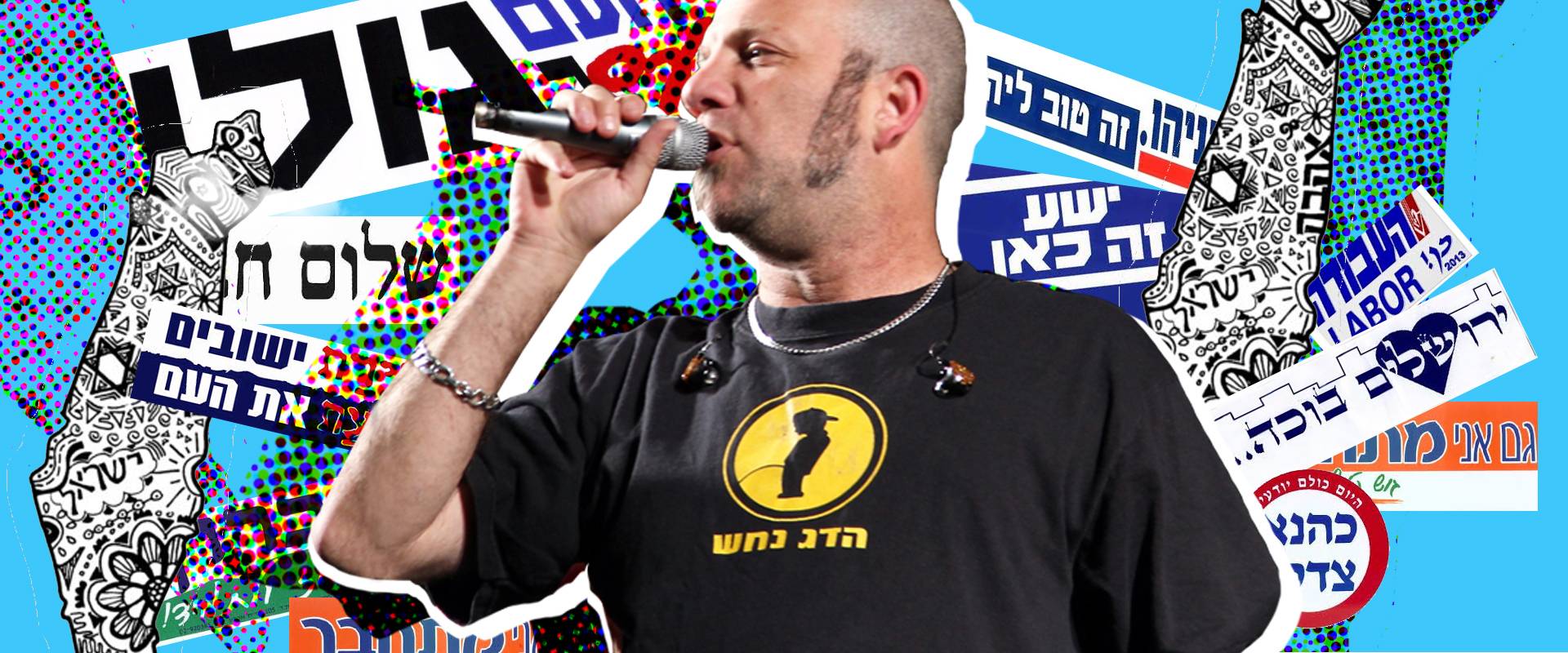
Over the last four episodes, we’ve told the stories behind some of Israel’s most iconic songs. When we set off on this musical journey, we hoped to find a unicorn, a unifying island of Israeliness that escapes the usual polarization which dominates most conversations about Israel. Instead, however, we discovered that music not only reflects, but often amplifies, our contrasts. We all sing in different keys, with different words and in different voices. And that, at the end of the day, is what Israel is all about. It is not that the inherent complications go away or stop existing. It’s just that somehow, miraculously perhaps, the cacophony can almost sound harmonious.
In today’s episode, the final installment of the Mixtape miniseries, we turn to Yitzhak Rabin’s 1995 assassination, and to two songs – one taking us decades back, the other catapulting us forward into the 21st century – that symbolize the messy multifariousness of Israeli society.
When it first came out, in the middle of the War of Attrition, Shir La’Shalom was an anti-war hymn sung, paradoxically, by a military band. Meant to be an Israeli version of Hair’s ‘Let the Sunshine In,’ it was quickly banned by generals and labeled as both defeatist and demoralizing. But a quarter-of-a-century later, it resurfaced in what would turn out to be one of the most fateful nights the country has ever known. Hannah Barg tells the story of a song, a dream, and a musical reincarnation. This piece was written, recorded and produced together with Maya Kosover and Yochai Maital.
On the day after Rabin’s assassination, author David Grossman was driving up to Jerusalem. On the side of the road he saw a religious settler standing next to his Volvo, peeling off bumper stickers with particularly provocative right-wing slogans. In his mind, David could trace a direct line, or chain, starting with inflammatory statements made by irresponsible politicians, continuing in the offices of creative copywriters who fashioned them into catchy phrases, on to drivers who adorned their cars with the stickers, and ending with a man with a revolver in his hand shooting the prime minister. His eight-year-long attempt to decode that chain led to one of Israel’s most popular rap songs of all time. Mishy Harman shows how bumper stickers can, in reality, stand in for the DNA of a nation.
The original music in this episode – including the cover versions of Shir La’Shalom and Yihiye Tov – was composed, arranged and performed by the Mixtape Band, led by Ari Jacob and Dotan Moshanov, together with Ruth Danon, Eden Djamchid and Ronnie Wagner-Schmidt. The episode also features Shirat Ha’Sticker (‘The Sticker Song’) which was written by David Grossman and composed, sung and performed by Ha’Dag Nachash together with Ahuva Ozeri. The episode was recorded by Ben Wallick and mixed by Sela Waisblum. It is based on our latest live show, “Mixtape.” You can listen to Part I of the miniseries here, Part II here and Part III here.
Thanks to Shlomo Maital, Eli and Mira Kosover, Dalit Ofer,Hanoch Piven, Naomi Schneider, Mikey Ezrachi, Lior Zaberg, Yotam Michael Yogev, Sheila Lambert, Megan Whitman, Robin Mancoll, Annie Sandler, Ben Murane, Pamela Lavitt, Elaine Cohen, Eric Segal, Bar Sananes, Chrissy Rinehart, Yael Bermano, Valentina Khmenko, Rachel Schy and Rebekah Steinfeld.
 Jumpspeed Ventures is a unique venture capital fund that invests in Jerusalem’s technology ecosystem. They are the first and only venture capital fund dedicated exclusively to investing in the most exciting early-stage software startups based in Jerusalem.
Jumpspeed Ventures is a unique venture capital fund that invests in Jerusalem’s technology ecosystem. They are the first and only venture capital fund dedicated exclusively to investing in the most exciting early-stage software startups based in Jerusalem.